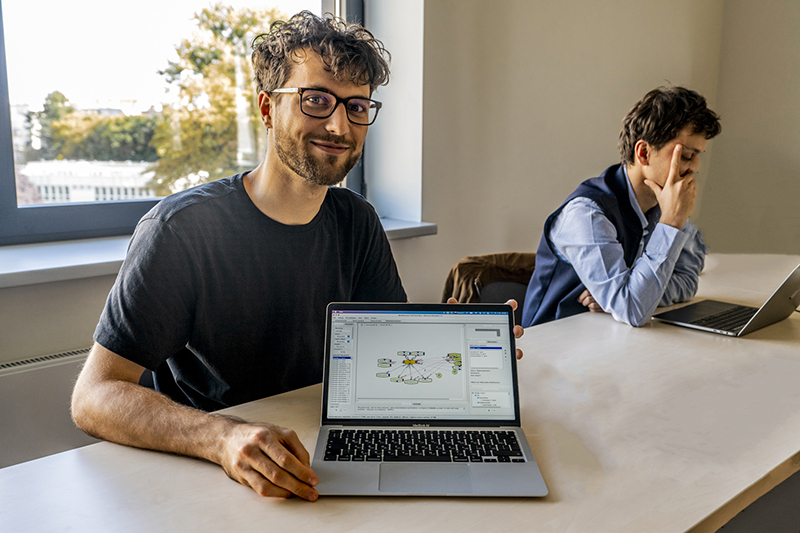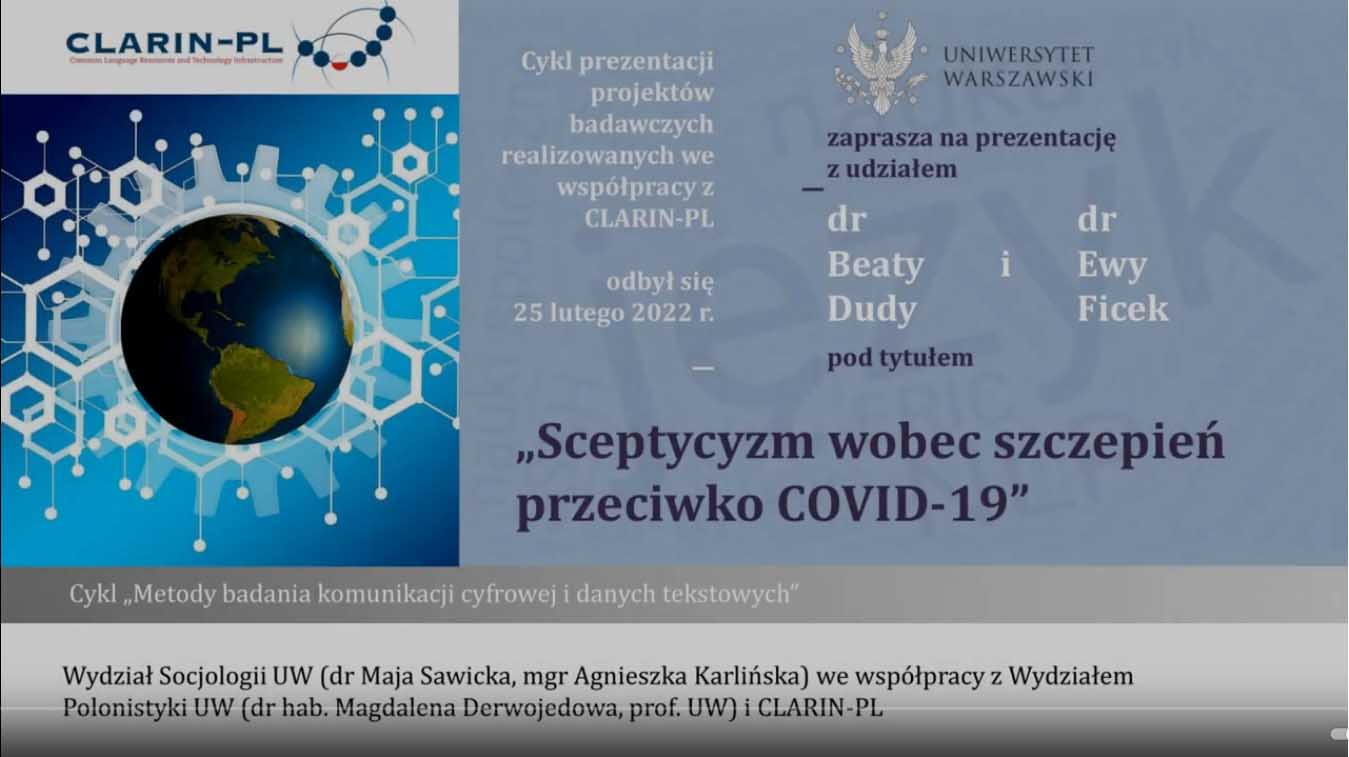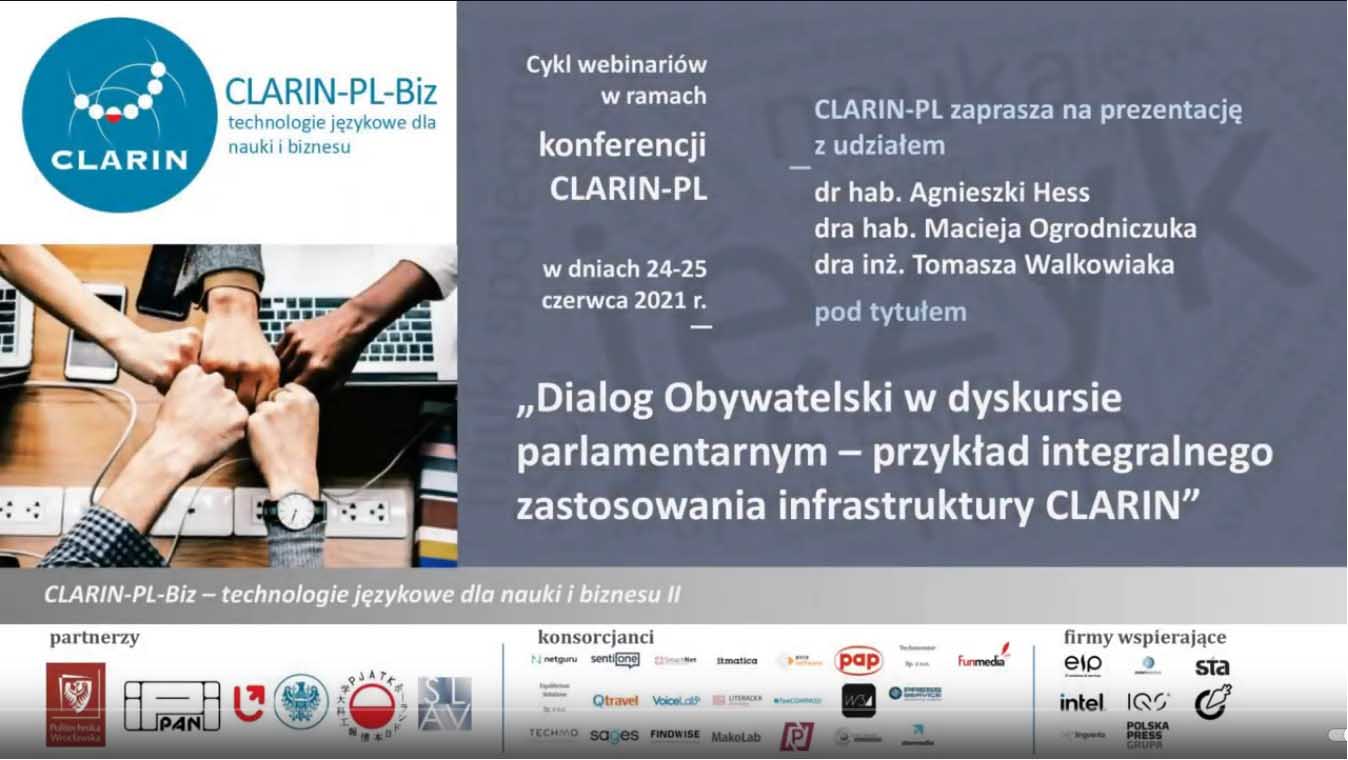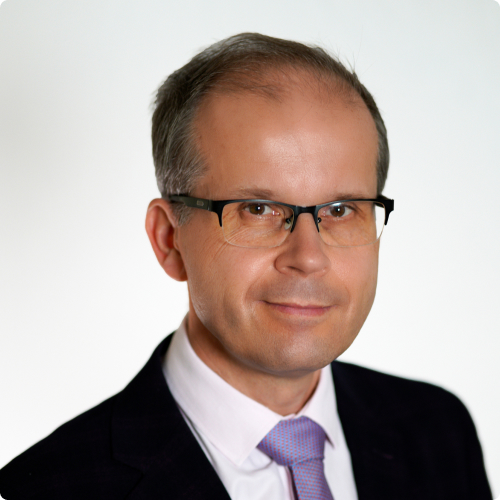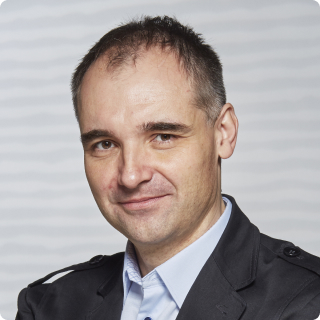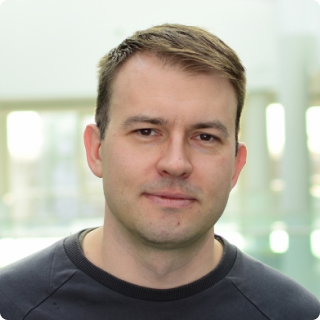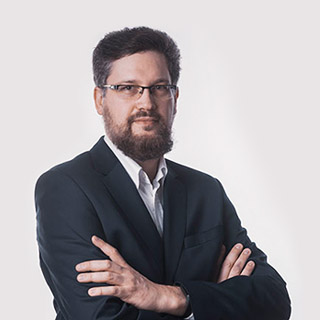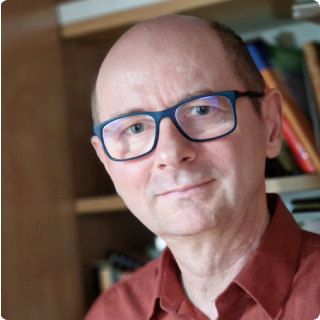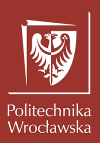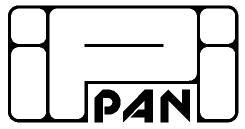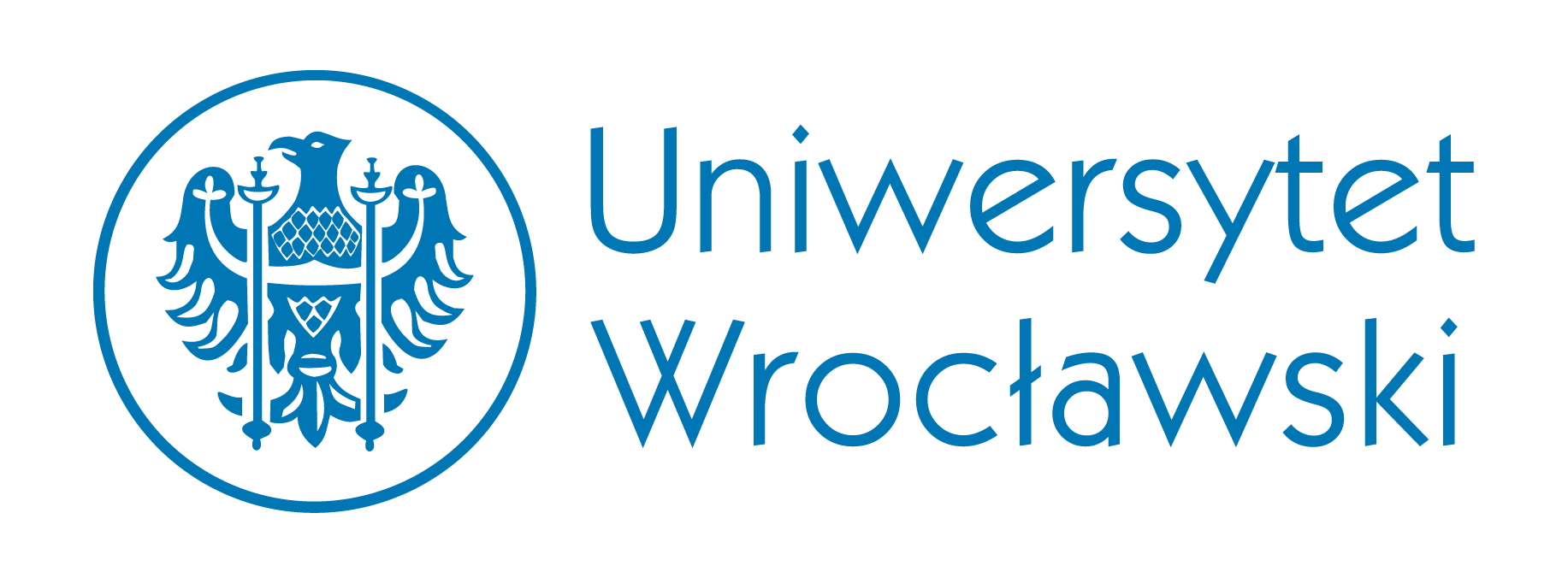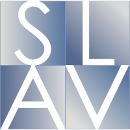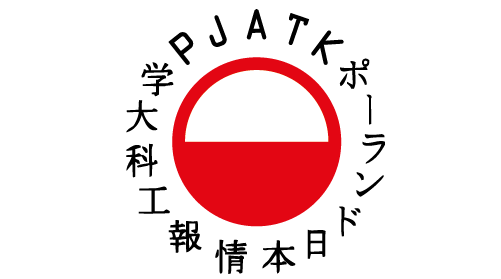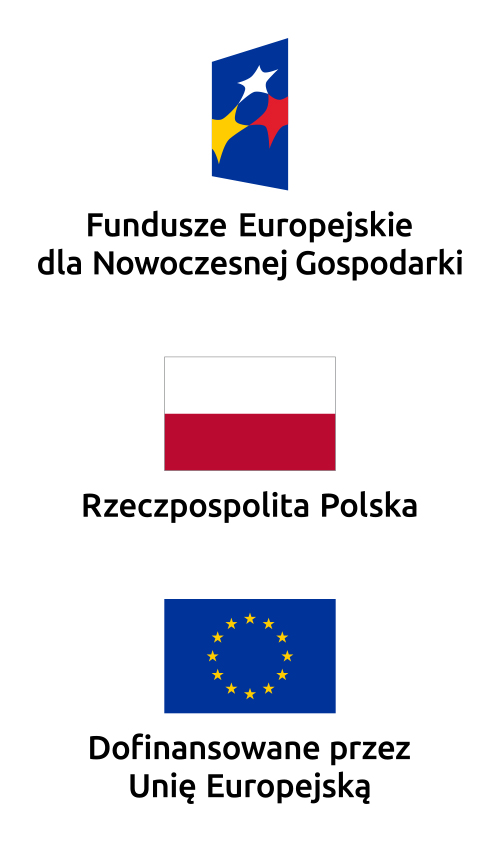Nasza misja, nasze wartości
Usługi sieciowe powstające w ramach infrastruktury CLARIN-PL są dostępne na wolnej licencji dla wszystkich naukowców i studentów. Rozwiązania te są tworzone przede wszystkim z myślą o naukach humanistycznych i społecznych, chociaż mogą znaleźć zastosowanie w dowolnym obszarze badań. Naszą główną specjalizacją jest język polski, ale jesteśmy otwarci też na projekty międzynarodowe lub wielojęzyczne. CLARIN dostarcza uniwersalnych narzędzi do analizy języka naturalnego, a także zasobów językowych i materiałów źródłowych.
Ponadto w ramach CLARIN-PL-Biz współpracujemy z firmami i innymi organizacjami, które chcą korzystać z technologii językowych na zasadach komercyjnych.
Misja Centrum Technologii Językowych CLARIN-PL zobacz dokument
